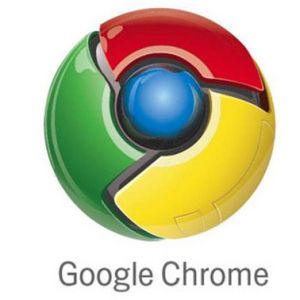Is Google's Chrome the New Internet Explorer?

Google's Chrome browser has a market share that rounds down to zero. Yet Microsoft plans to argue to the European Commission that bundling Chrome into Windows -- an anti-trust decree the EC wants to impose -- will potentially give Google a monopoly hold on the Internet.
The claim seems laughable to anyone who hasn't used Chrome. But those who try the largely unknown application almost unanimously rave about its speed and ease of use. Never mind the arcane software benchmark charts all over the 'Net: Chrome is fast.
Google knows speed is addictive -- search queen Marissa Mayer has repeatedly said that a few hundred milliseconds per page makes a 20 percent difference in how often users type a search into Google. One of the company's major goals with Chrome is to effectively speed up the Internet for end users.
Chrome also came out ahead in an admittedly Google-sponsored security test. The reason: The browser automatically updates itself every few days. This means Chrome users are most likely to have the latest security updates installed.
Microsoft's argument may seem comical, but there's a kernel of truth to it: If Google ends up with a majority share of browser users tied to Chrome, and Google's search engine is their most frequent and trusted destination, think of the opportunities for Google to leverage that huge group of people.
Source:
http://snipurl.com/i9oyk [www_pcworld_com]


